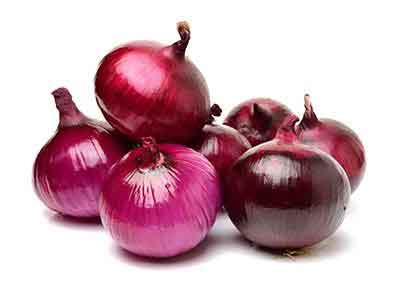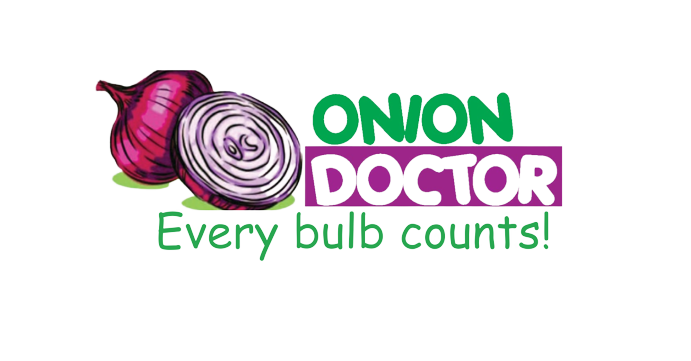The Green Revolution: Organic Onion Farming in Kenya and Environmental Stewardship

Are you in need of in-depth knowledge on onion and garlic production? If yes, we are a call away. Our service chatter includes: Onion seedlings, Garlic seedlings, Farm planning services, Soil testing, Drip irrigation installation and maintenance, Agronomic support, Onion and Garlic value pack and Farm management. For free consultation, placing orders or booking a visit with an agronomist, please contact us via Call or what’s app +254703982228, Email: Info@oniondoctor.co.ke.
Embark on a journey into the world of sustainable agriculture with Onion Doctor. Our commitment to organic farming aligns with the principles of healthy food, resilient soils, and flourishing environments.
Soil-Centric Approach: Discover the core principles of organic farming that prioritize healthy soils. Onion Doctor employs biological fertilizer inputs, cover cropping, and crop rotation to enhance soil quality and organic matter.
Organic farming is agriculture that makes healthy food, healthy soils, healthy plants, and healthy environments a priority, along with crop productivity. Organic farmers use biological fertilizer inputs and management practices such as cover cropping and crop rotation to improve soil quality and build organic soil matter. By increasing the amount of organic matter in the soil, organic farmers enhance the soil’s ability to absorb water, reducing the impacts of drought and flooding. Improving soil organic matter also helps it to absorb and store carbon and other nutrients need to grow healthy crops, which, in turn, are better able to resist insects and diseases. Organic production systems do not use genetically modified (GM) seed, synthetic pesticides or fertilizers. Some of the essential characteristics of organic systems include design and implementation of an organic system plan that describes the practices used in producing crops and livestock products; a detailed recordkeeping system that tracks all products from the field to point of sale; and maintenance of buffer zones to prevent inadvertent contamination by synthetic farm chemicals from adjacent conventional fields.
Organic farms use production practices with environmental benefits such as water management practices, no-till or minimum tillage, habitat maintenance for beneficial insects and vertebrates, and biological pest control. These ecologically protective practices contribute to enhanced ecosystem services and benefit water quality, soil health, and biodiversity. Conventional farming typically uses minimal crop rotations, growing the same single crop year after year on the same land. This practice, known as mono cropping causes the depletion of nutrients and minerals. In order to continue growing crops in this depleted soil, nutrients and minerals must be added back in the form of hydrocarbon based fertilizers and mined minerals such as phosphate. Conventional GM farming is dependent on earth-based non-renewable resources. Monocultures and the resulting poor health open the way for infestations of insects, diseases and weeds. Healthy bio-diverse soil keeps these infestations in check. The lack of biodiversity requires synthetic pesticides and herbicides to be used, further destroying the national soil biology.
Using biological forms of fertilizer such as compost, animal manures, and legume cover crops, builds soil organic matter, even when routine tillage is used for weed control. Building soil organic matter increases soil water retention and nurtures more active soil microbial communities that retain nitrogen in the soil longer and transform it into non-leachable gaseous forms. There is a small but telling body of research in the US that suggests that improved soil quality influences the ability of crops to withstand or repel insect attack and plant disease. Organic biological fertilizer sources release their nutrients slowly over time, providing more opportunity for the nitrogen to be digested by soil organisms and taken up by crops before leaching below the root zone. Increased soil organic matter in the soil leads to tighter nutrient cycling and greater water holding capability in organically managed soils, with the result that nitrate leaching from groundwater is about half that of conventionally farmed soils.
The cost of organic food is higher than that of conventional food because the organic price tag more closely reflects the true cost of growing the food: substituting labor and intensive management for chemicals. These costs may include cleanup of polluted water and remediation of pesticide contamination.
Onion Doctor stands as a beacon for smallholder farmers in Africa, championing quality and affordable onion and garlic seedlings, sustainable farm planning, and innovative practices such as drip irrigation. Join us in the pursuit of optimized yields and maximum profits through organic and environmentally conscious farming practices.
